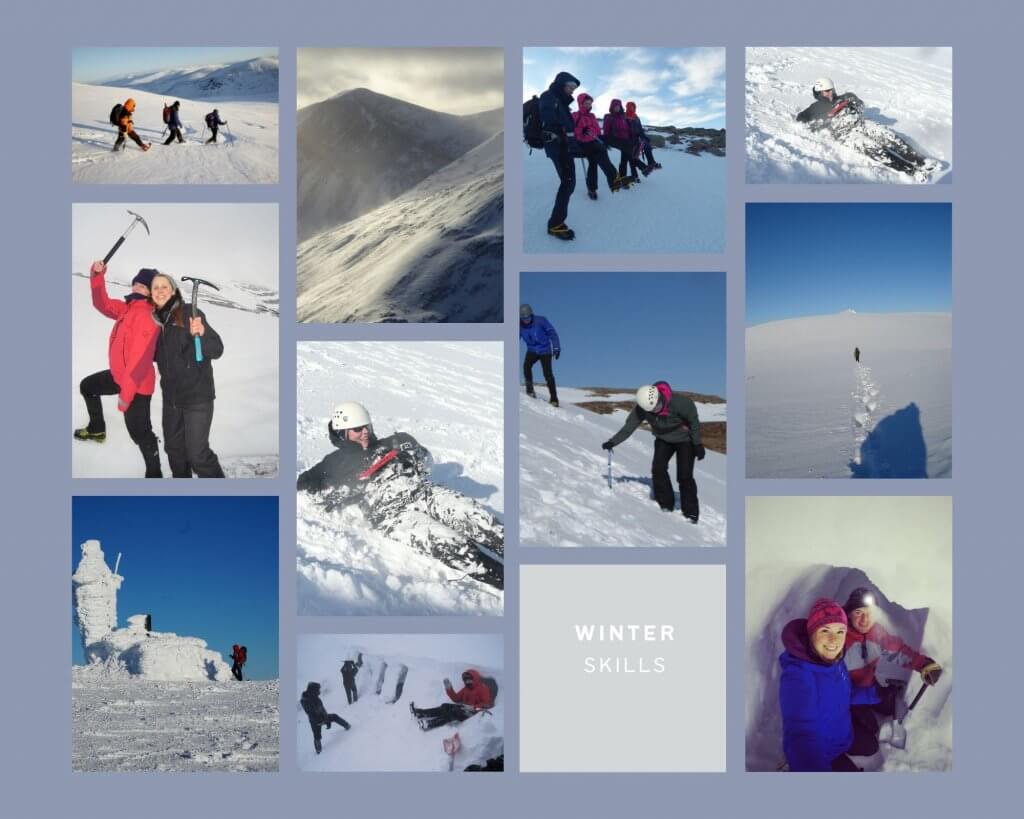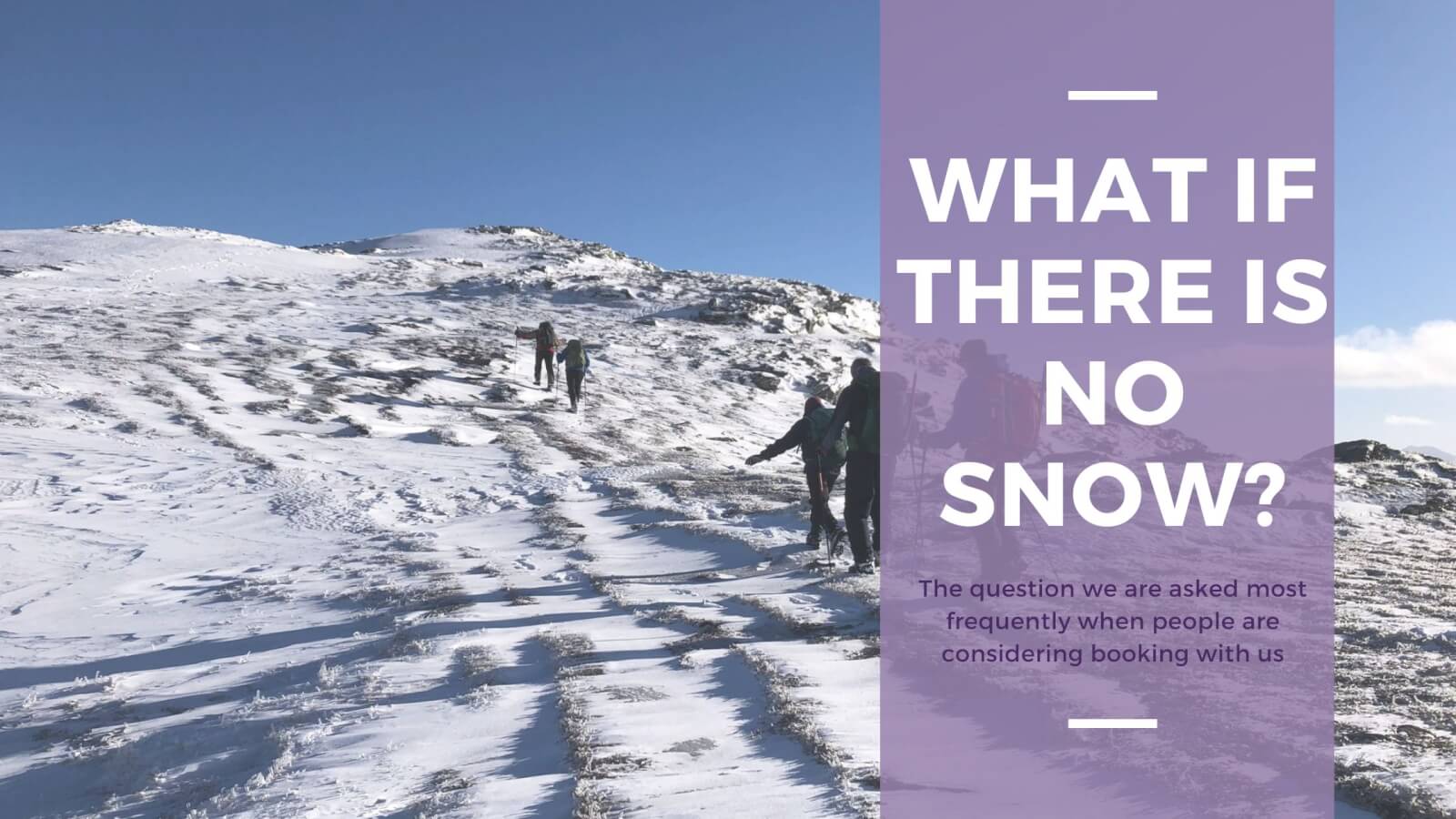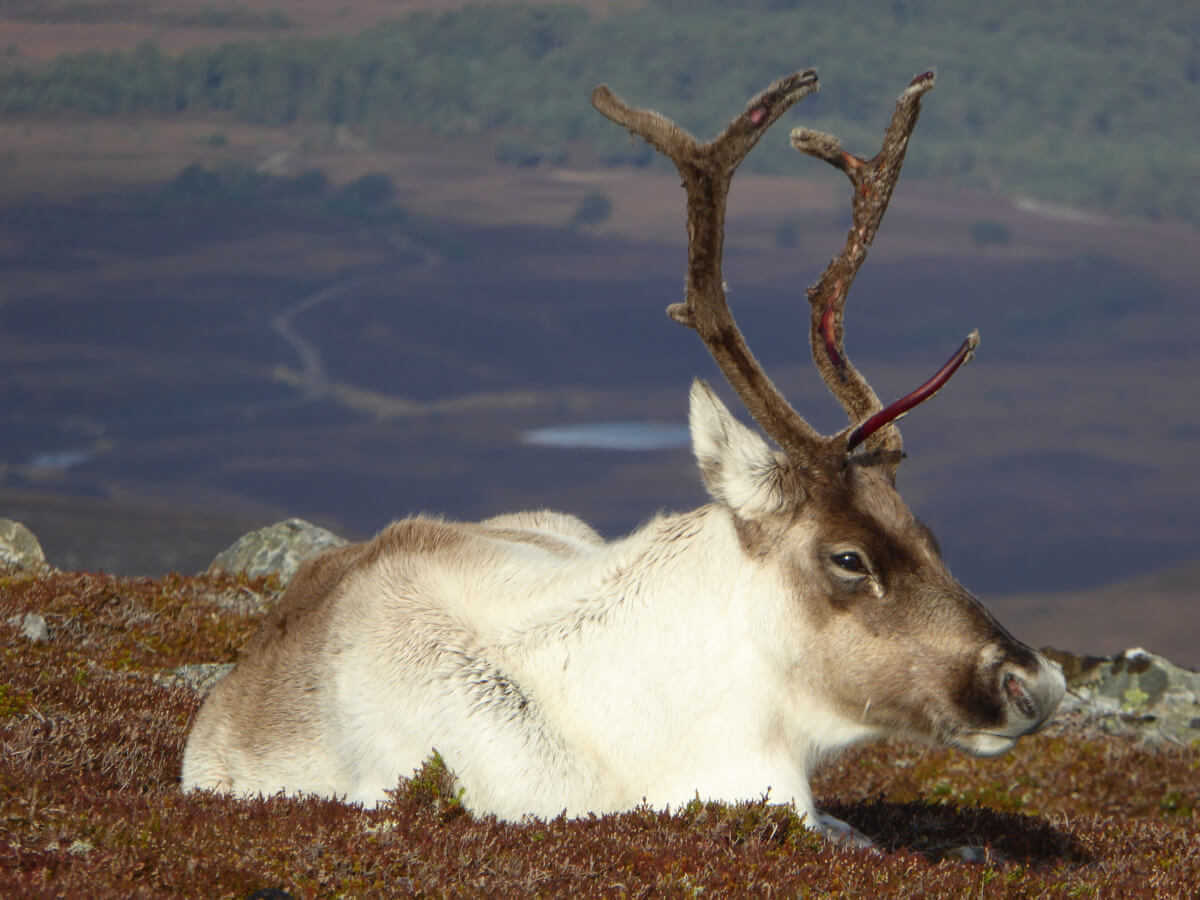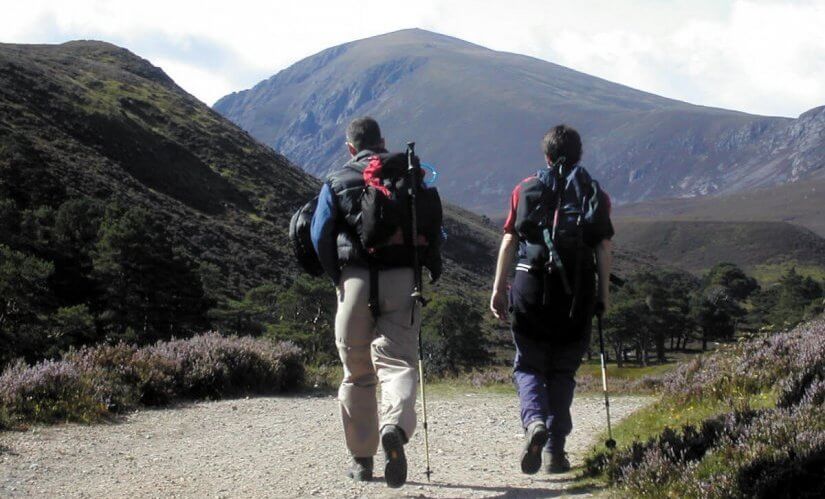What If There Is No Snow? A Guide to Winter Courses with Scot Mountain Holidays
One of the most frequently asked questions from those joining our winter courses is: What if there is no snow? Although we can’t control the weather, we can almost guarantee there will be snow—especially on the high peaks during winter and early spring. However, for those still concerned, let us put your worries to rest.
Winter in the Cairngorms: A Unique Environment
The Cairngorms are home to Britain’s most permanent snow beds, some of which persist well into July or even early August. The high altitude and vast plateau of the Cairngorms make them a natural snow trap. Even in milder winters, the unique topography and wind patterns often ensure that snow is captured and retained in key areas. According to a study by the Royal Meteorological Society, the Cairngorm plateau experiences snow coverage for an average of 76 days per year, making it one of the most reliable locations for snow in the UK.
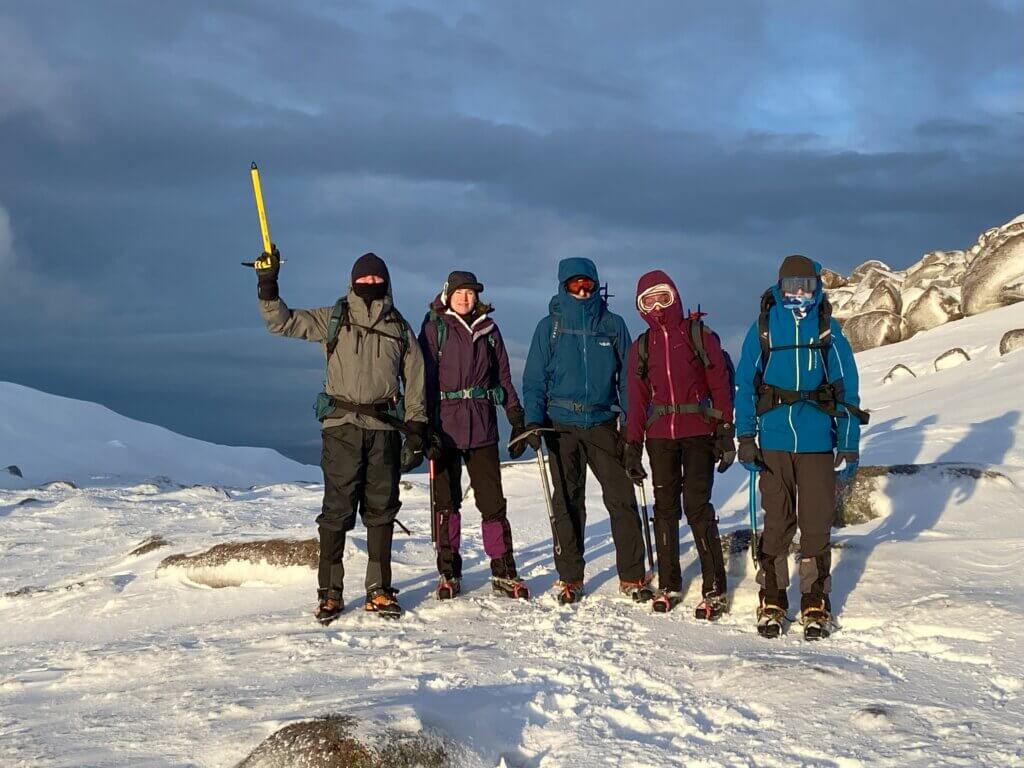
What Happens if Snowfall is Minimal?
If, for some reason, the winter is unusually mild and snowfall is limited, it’s not the end of the world. Winter Skill courses with Scot Mountain Holidays are designed with flexibility in mind. Snow is just one of three critical factors that influence the course—the other two being wind (which facilitates snow drifting) and the expansive Cairngorm plateau (which helps to capture and hold snow).
Even if snow levels are lower, the skills taught during our courses remain relevant. In fact, hard, icy snow that forms after a thaw and subsequent freeze is often ideal for teaching crampon techniques. Fresh snow, while beautiful, doesn’t always add additional value to winter skills training.
A Track Record of Success
In the 25 winter seasons that Scot Mountain Holidays has been running Winter Skills courses and hiking holidays, no course has ever been cancelled due to a lack of snow. This incredible track record highlights the reliability of the Cairngorms as a winter training destination.
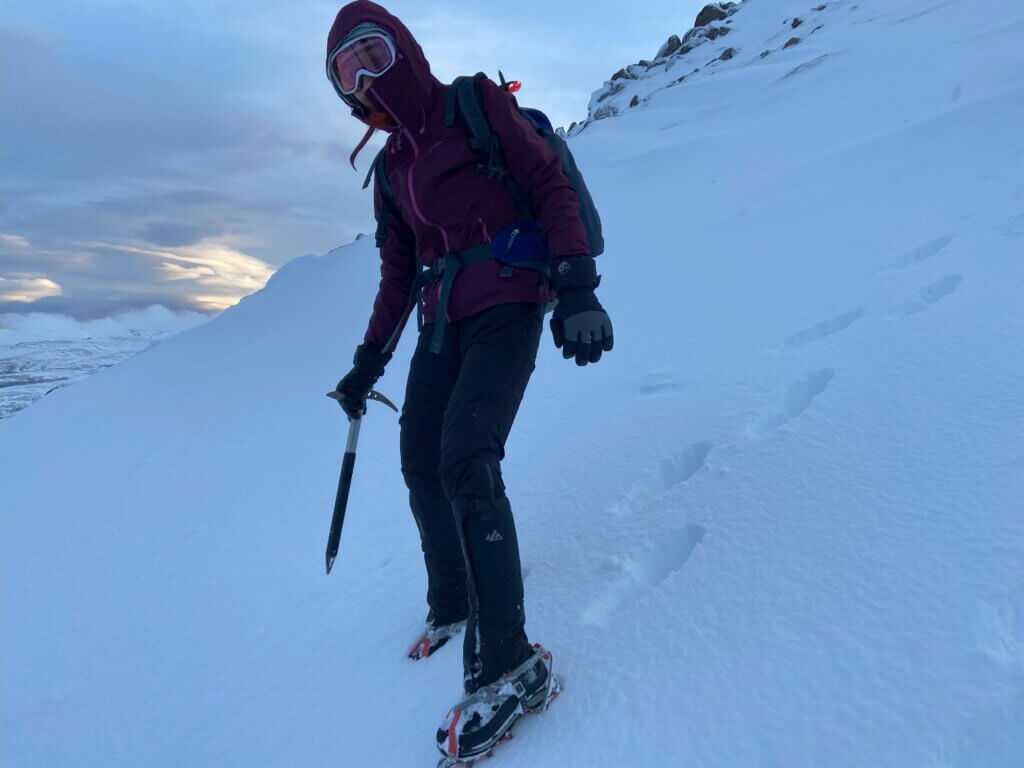
Beyond the Snow: Other Factors to Consider
While snow is a strong likelihood on the peaks where our courses take place, there are many other elements that make your experience memorable. Thick, deep snow can sometimes make routes more strenuous. On the other hand, mixed conditions offer a chance to practice a wide variety of essential skills, including:
- Navigation in poor visibility
- Using crampons on icy terrain
- Avalanche awareness and safe route selection
These skills are just as important, if not more so, than simply walking on deep snow.
The Bigger Picture
Remember, winter skills are about preparing you for all types of conditions you might encounter in the mountains. Snow is a bonus, but not a requirement. The camaraderie, expert instruction, and opportunity to immerse yourself in Scotland’s stunning winter landscape are what truly make Scot Mountain Holidays’ courses unforgettable.
So, whether the snow is thick, patchy, or concentrated in specific areas, rest assured that your Winter Skills course will still be an incredible and valuable experience. The Cairngorms’ rugged beauty, combined with expert guidance, ensures your time with us is both safe and rewarding. As one participant noted, “The course was transformational—I learned so much, regardless of snow levels.”
Ready to Learn?
Join us this winter to develop your confidence and skills in one of the UK’s most dramatic settings. With Scot Mountain Holidays, you’re in expert hands, and no matter the snow conditions, we’ll make sure your time in the Cairngorms is unforgettable.
